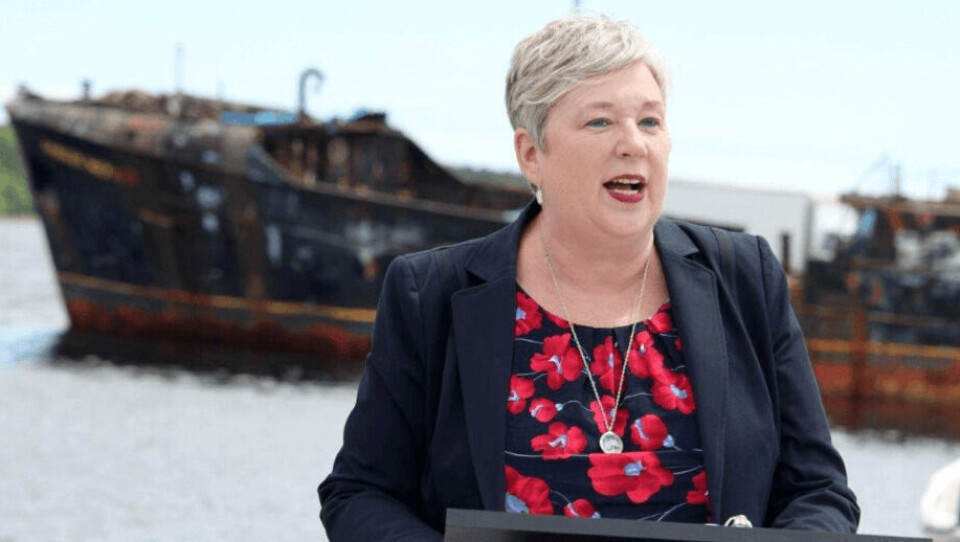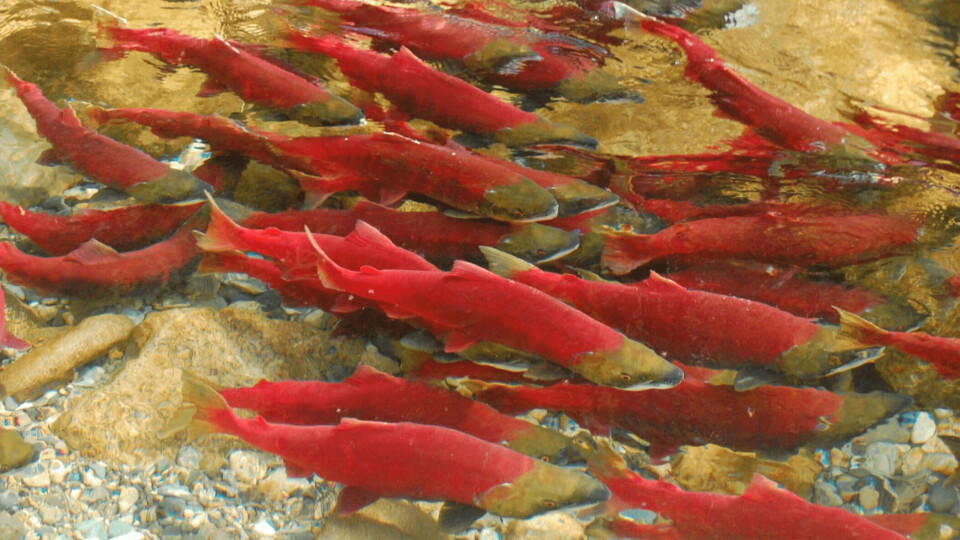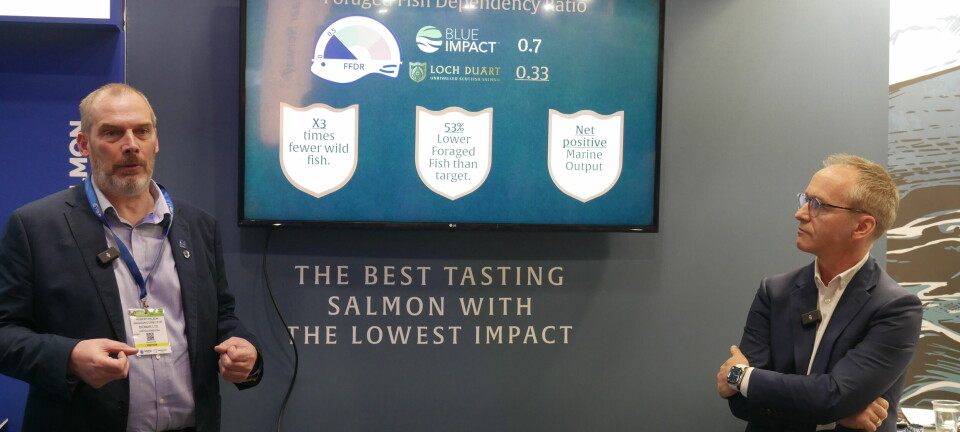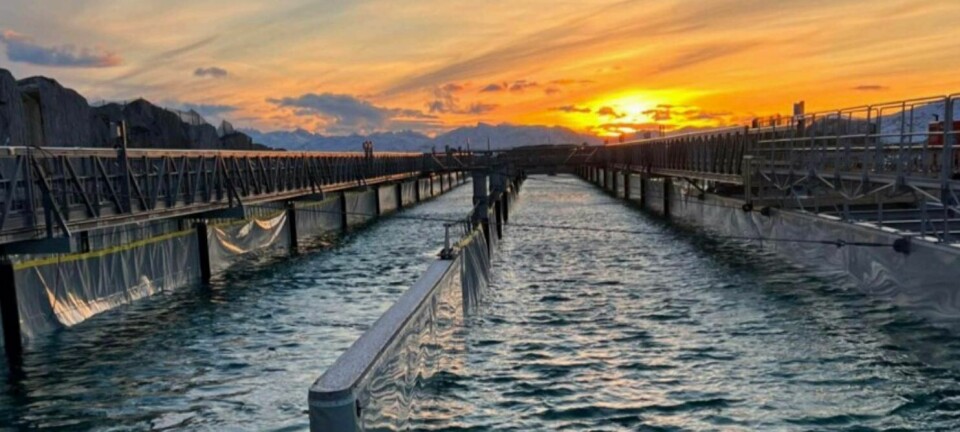
Canada clamps down on illegal salmon catches
Continued illegal fishing activity on the Fraser River in British Columbia is posing a direct threat to dwindling salmon stocks returning to spawn, Canada’s federal fisheries department (DFO) has warned.
To deter the public from illegal fishing, and buying illegally caught fish, the government has reinforced its current message about the dire state of salmon stocks, and is threatening steep fines of up to $100,000 (about £57,000) and possible jail terms.
The Pacific Salmon Commission Fraser River Panel indicates low Fraser River sockeye salmon returns and very high temperatures in the Fraser River, which can be fatal to salmon.
As a result, additional measures are being implemented to ensure that the maximum number of Fraser River sockeye can return to the spawning grounds.

Many key Pacific salmon stocks are declining to historic lows, with 50 Pacific salmon populations currently under consideration for potential listing under the Species at Risk Act.
Decline
The decline in stocks is blamed on a number of factors, including: climate change and warming waters; habitat degradation, land and water use pressures; acute one-time events (toxic spills and landslides); and fishing harvest pressure, including illegal, unreported and unregulated fishing.
In June, Canadian fisheries minister Bernadette Jordan announced the $647.1 million Pacific Salmon Strategy Initiative, setting out a long-term approach to support stock recovery across British Columbia and Yukon.
On June 29, she announced significant closures for the 2021 season, together with a voluntary fishing licence withdrawal programme.
The minister earlier ordered the closure of 19 salmon farms in British Columbia, after pressure from some First Nations groups, which blame the decline in Pacific salmon stocks on farms along migratory routes.
Aquaculture leaders across Canada contest the claim, saying it is not based on scientific evidence, and have called for Jordan to be replaced by someone better able to champion the sector.
The recent salmon fishing closure affects commercial, recreational and First Nations fisheries on the Fraser.
Enforcement
Despite high compliance, the department has received an increase in public reports of illegal fishing and is therefore stepping up enforcement.
The DFO has also received public complaints about illegal fish sales. Penalties for buying or selling seafood that has not being sold legally range from fines up to $100,000 or two years’ imprisonment, the department said.
DFO Conservation and Protection fishery officers are monitoring the Fraser River watershed from the mouth to its headwaters in British Columbia, with helicopter flights, vehicle and patrol vessel monitoring, and night time enforcement.
Around 38 staff are currently deployed and, to date, they have removed 212 illegally set gillnets from the Fraser River, along with other fishing gear.




















































